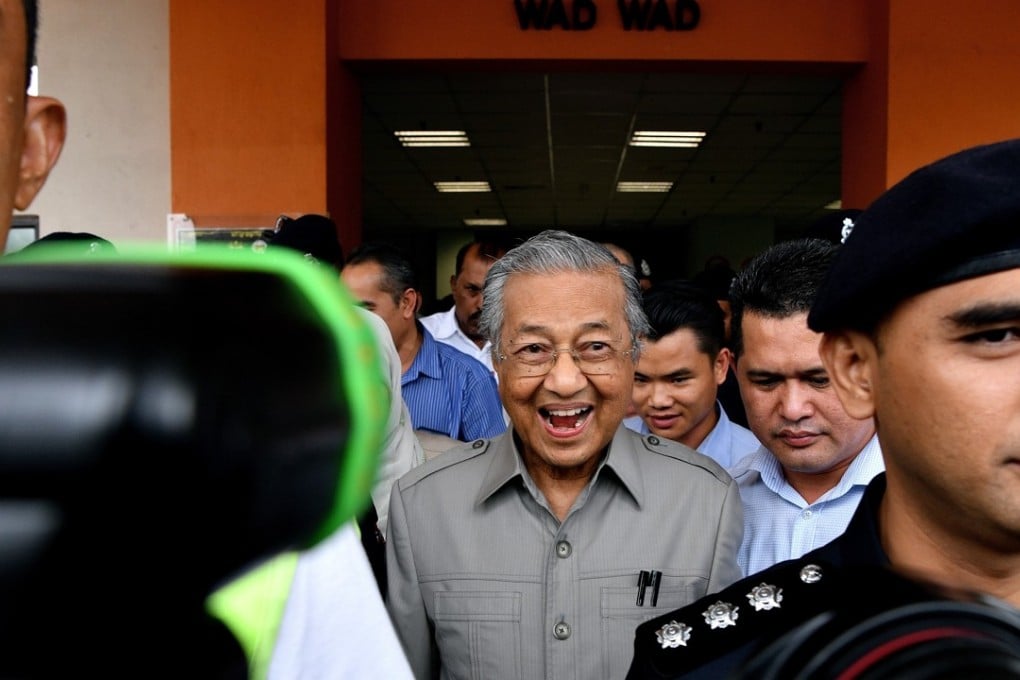At 92, does Mahathir have enough left in him to defeat Najib and stun Malaysia?
The opposition is hoping the former prime minister can win over rural Malays and pull off an upset in the upcoming election

Malaysia’s opposition coalition is known as Pakatan Harapan, or Pact of Hope.
It’s fitting for a group that has pinned its hopes on a nonagenarian former prime minister to wrest power from the ruling Barisan National (BN) coalition in a general election due by August but expected to be called as early as the end of the first quarter this year.
The coalition must hope Mahathir, at 92, can endure what is expected to be a gruelling race and that, should he win, he would be magnanimous enough to hand the office to Wan’s husband, Anwar Ibrahim, the former deputy prime minister currently serving a five-year jail term for sodomy. Crucially, the coalition must also hope to secure a wave of support across 119 rural constituencies predominantly populated by Malays.
Forget Najib … watch Mahathir slug it out with sultans in 2018
Tempering that hope is the question of whether the coalition’s electoral machinery is robust enough to generate sufficiently widespread appeal to secure the the all-critical Malay vote.